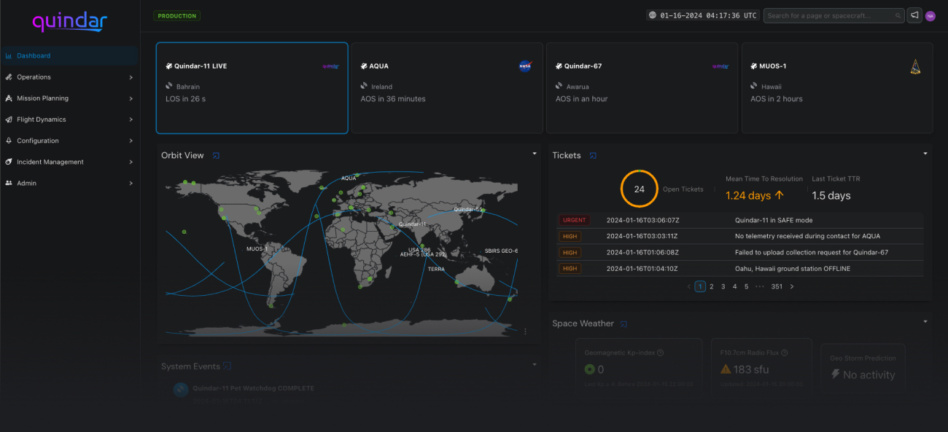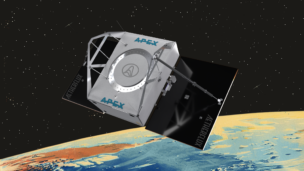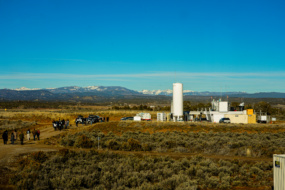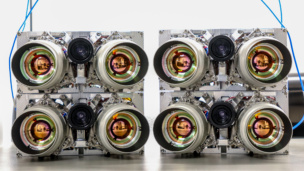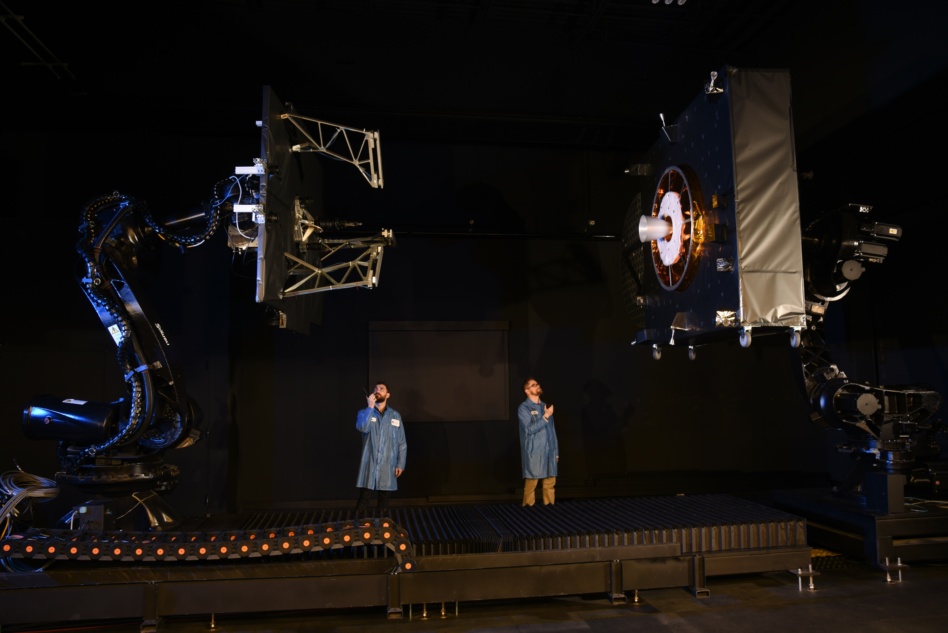Quindar is moving toward its satellite constellation automation goals with the help of a $6M seed extension round and a strategic integration partnership with KSAT.
The round, which the company announced this morning, was led by Fuse and included participation from Y-Combinator and Funders Club. Quindar is planning on using the new funding to build out its sales and engineering teams, onboard government and enterprise customers, and add new AI- and ML-driven capabilities to its platform.
“By us building out our AI and ML pipeline, now we’re able to build out the steps in order to identify anomalies even before they happen so that we maintain the uptime of the satellites and offer more reliability to customers downstream,” cofounder and CEO Nate Hamet told Payload. “All they want is their data.”
Quindar 101: The summer ‘22 YC alum broke onto the scene with six technical cofounders and a vision of vastly simplifying the operational burden of satellite constellations. It’s built a platform that brings everything from orbital design to downlinking into one platform that can essentially run unimpeded to maximize the uptime of a constellation.
“We handle all of the software stack so that the satellite is always up and running,” Hamet said.
Enter KSAT: Quindar also announced a strategic integration with ground station operator KSAT today. Through this partnership, KSAT will leverage its personnel to bring Quindar’s platform to more customers in satellite manufacturing and operations, keeping everything needed to run a satellite system on one interface.
Hamet said bringing the ground segment and satellite operations under one platform has more benefits than just convenience to the end customer:
- Security: Quindar’s platform aligns with DoD security standards, aiming to make it easier for commercial operators to work with government clients
- Workforce: More automation is meant to lessen the staffing burden.
- Simplicity: “We have these default integrations to ground stations and to flight software that’s running and to different satellite manufacturers so that they can unify and actually operate all of those satellites in one interface,” Hamet said.
What’s next? The company employs a team of 10 on a full- and part-time basis. By the end of the year, they’re aiming to double that number to 20 with an emphasis on hiring sales and engineering roles.
